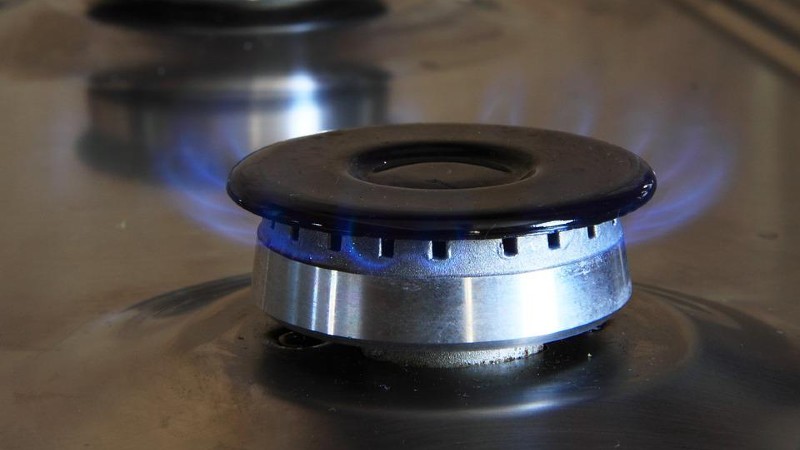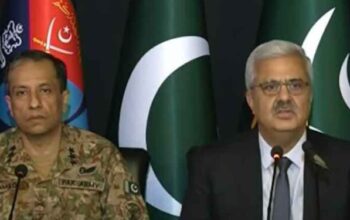By Staff Reporter
KARACHI: Pakistan’s caretaker government on Thursday urged millions of households to switch to liquefied petroleum gas (LPG) as an alternative to pipe gas, which it said would be scarce and expensive in the next two years.
Energy Minister Muhammad Ali said domestic consumers would have very little access to local gas by 2025 and that the government would ban new gas connections.
“In the current winter, gas will be available only for 8 hours a day to domestic consumers due to supply shortages,” Ali told a news conference. The gas would be supplied in the morning, afternoon, and evening, coinciding with meal and beverage times.
“This country cannot afford to supply a scarce natural resource like gas at throwaway prices, where the monthly bill of the protected class is less than Rs900.”
The minister urged people to shift to LPG as an alternative fuel and to save energy as much as possible.
Pakistan had arranged two LNG cargoes for December 2023 and two more for January 2024 to ease the gas crisis in winter, but Ali warned that it would not be enough to meet demand.
The country’s gas sector is on the brink of collapse. The circular debt crisis had deterred foreign exploration and development companies from investing in Pakistan’s oil and gas sector, affecting production and increasing import dependence.
Gas exploration had declined, resulting in an annual depletion ratio of 5 to 7 percent.
The circular debt for the energy sector stood at Rs4.5 trillion without interest payments, including Rs2.3 trillion in the electricity sector.
The state-owned sui companies, which distribute gas across the country, were losing Rs400 billion a year, mainly due to supplying domestic gas to consumers at subsidized rates and diverting imported liquefied natural gas (LNG) to the domestic segment during winter.
The government had raised gas tariffs sharply for various sectors, including industry, power, commercial and domestic, to cut the energy sector’s circular debt.
The new prices, which would take effect after cabinet approval, would reflect the cost of imported re-gasified liquefied natural gas (RLNG) that was diverted to domestic consumers in winter when local gas output fell short of demand.
The move was part of Pakistan’s commitments to the International Monetary Fund (IMF) to reduce the circular debt, a major fiscal burden.
“The recent increase in gas prices will prevent the recurrence of the circular debt in the gas sector,” Ali said.
The government previously said only 30 percent of Pakistan’s population used piped gas, while 70 percent, mostly in rural areas, used wood and LPG for cooking and heating. More than half of the piped gas users were shielded from the tariff hike as they belonged to the low-income category. There were 10 million domestic gas connections, of which 57 percent were in the protected category where prices could not be raised.
Copyright © 2021 Independent Pakistan | All rights reserved




